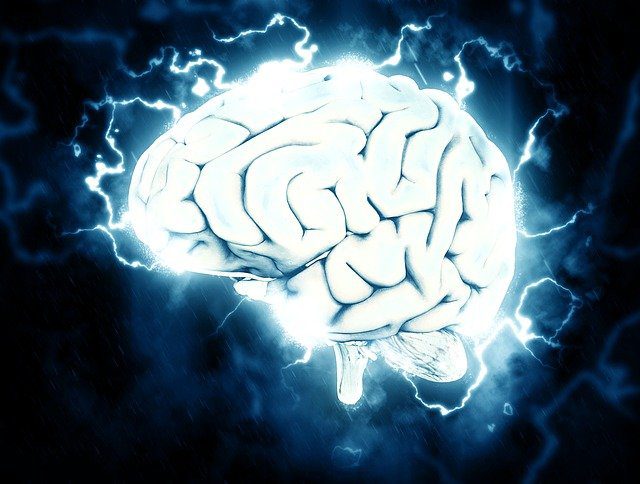Concussions affect many people each year, yet until you suffer from one yourself, it’s possible to completely misunderstand or misrepresent this type of injury.
Let’s clear up the confusion surrounding concussions by looking at the key facts everyone should know about them.
Table of Contents
Impacts don’t just cause concussions
While it’s true that most people who become concussed do so as a result of a blow to the head, you can also experience the effects of one, even if no direct impact takes place.
For example, if your neck moves violently, this motion will pass onto your head and could result in a traumatic brain injury (TBI), one of the mildest forms of concussion.
Most concussions last less than ten days
If you are concussed, the symptoms can be expected to clear up within around a week, and 90 percent of patients feel completely normal again by the time ten days have elapsed since the injury.
However, some people take a lot longer to get better. Child concussion recovery is especially important to monitor if you are a parent whose little one is afflicted by a TBI. There is also a condition known as persistent post-concussion syndrome, which can last for weeks or even months. In all cases, consulting a healthcare professional for treatment advice is essential.
Sports are the number one cause of concussion
You are probably unsurprised to learn that playing contact sports will be the most likely way to become concussed, with the likes of football and basketball being especially prevalent as a cause.
Auto accidents are also on the list of incidents that frequently result in mild TBIs, so adhering to safety advice and using the right equipment and safety systems is important whether you are out on the field competing with friends or behind the wheel.
You don’t have to pass out to be concussed
Many concussion patients wrongly assume that if they didn’t lose consciousness due to the event which caused their TBI, they would have avoided a concussion.
In reality, fewer than a tenth of concussions will cause a loss of consciousness. This is why it is always important to get checked out by a doctor when you suffer a head injury, even if you remain fully aware of what was happening during and afterward.
There are all sorts of symptoms to look out for
It is normal to suffer from headaches and general head pain after a concussion incident, but there are many other signs that you are concussed, which it pays to be aware of.

You might also be especially sensitive to bright lights or too loud sounds. You could find that you cannot sleep soundly, or conversely, that you are sleeping more frequently and for longer than normal.
There are mental side effects as well, with memory loss being commonplace. You may also find that your mood is more volatile than usual, and you might even be anxious, sad, or quicker to anger.
Blurred vision and having a hard time focusing on objects can also be a clue that you are concussed, and you could feel nauseous in the immediate aftermath.
Concussions have a compound impact
While one concussion is something most people can shrug off without a problem if you continue to become concussed over time, this has a seriously detrimental effect on your brain. It becomes easier to get concussed and takes you longer to get back to normal with subsequent TBIs.
In short, steer clear of concussions, and seek medical assistance if you have a TBI, rather than trying to style it out.
Featured Image by Pete Linforth from Pixabay




